_preview.jpg) Claiming the Duchess (Fitzhugh Trilogy Book 0.5)
Claiming the Duchess (Fitzhugh Trilogy Book 0.5)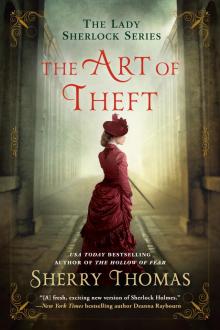 The Art of Theft
The Art of Theft The Magnolia Sword: A Ballad of Mulan
The Magnolia Sword: A Ballad of Mulan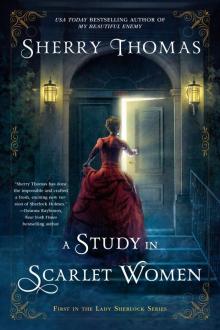 A Study In Scarlet Women
A Study In Scarlet Women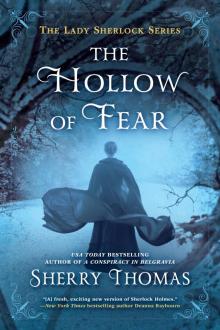 The Hollow of Fear
The Hollow of Fear The Magnolia Sword
The Magnolia Sword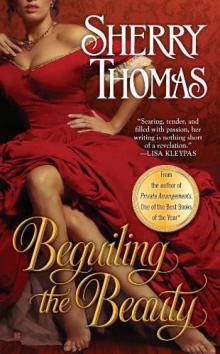 Beguiling the Beauty ft-1
Beguiling the Beauty ft-1 The Heart is a Universe
The Heart is a Universe The Hidden Blade: A Prequel to My Beautiful Enemy (Heart of Blade)
The Hidden Blade: A Prequel to My Beautiful Enemy (Heart of Blade)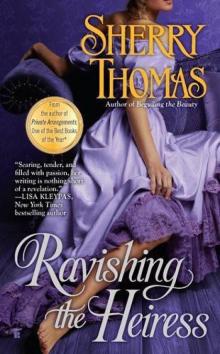 Ravishing the Heiress ft-2
Ravishing the Heiress ft-2 The Immortal Heights
The Immortal Heights The Hidden Blade
The Hidden Blade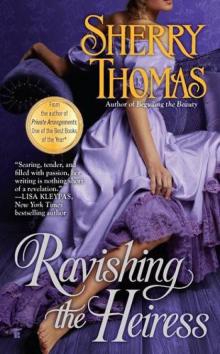 Ravishing the Heiress
Ravishing the Heiress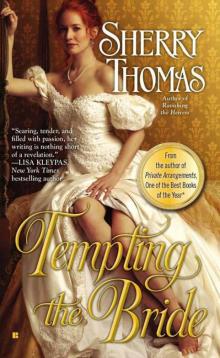 Tempting the Bride
Tempting the Bride The Luckiest Lady in London
The Luckiest Lady in London The Bride of Larkspear: A Fitzhugh Trilogy Erotic Novella
The Bride of Larkspear: A Fitzhugh Trilogy Erotic Novella Claiming the Duchess
Claiming the Duchess The One in My Heart
The One in My Heart His At Night
His At Night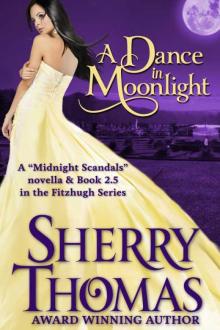 A Dance in Moonlight
A Dance in Moonlight A Conspiracy in Belgravia
A Conspiracy in Belgravia Not Quite a Husband
Not Quite a Husband